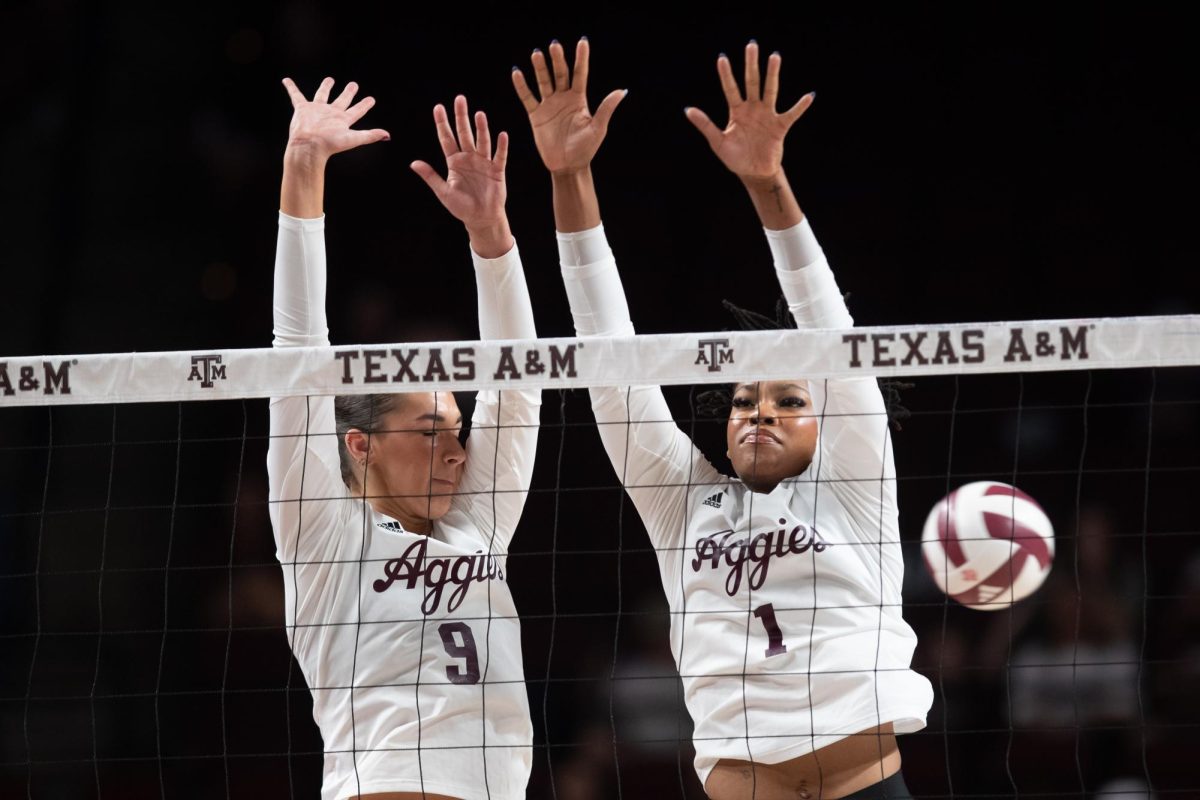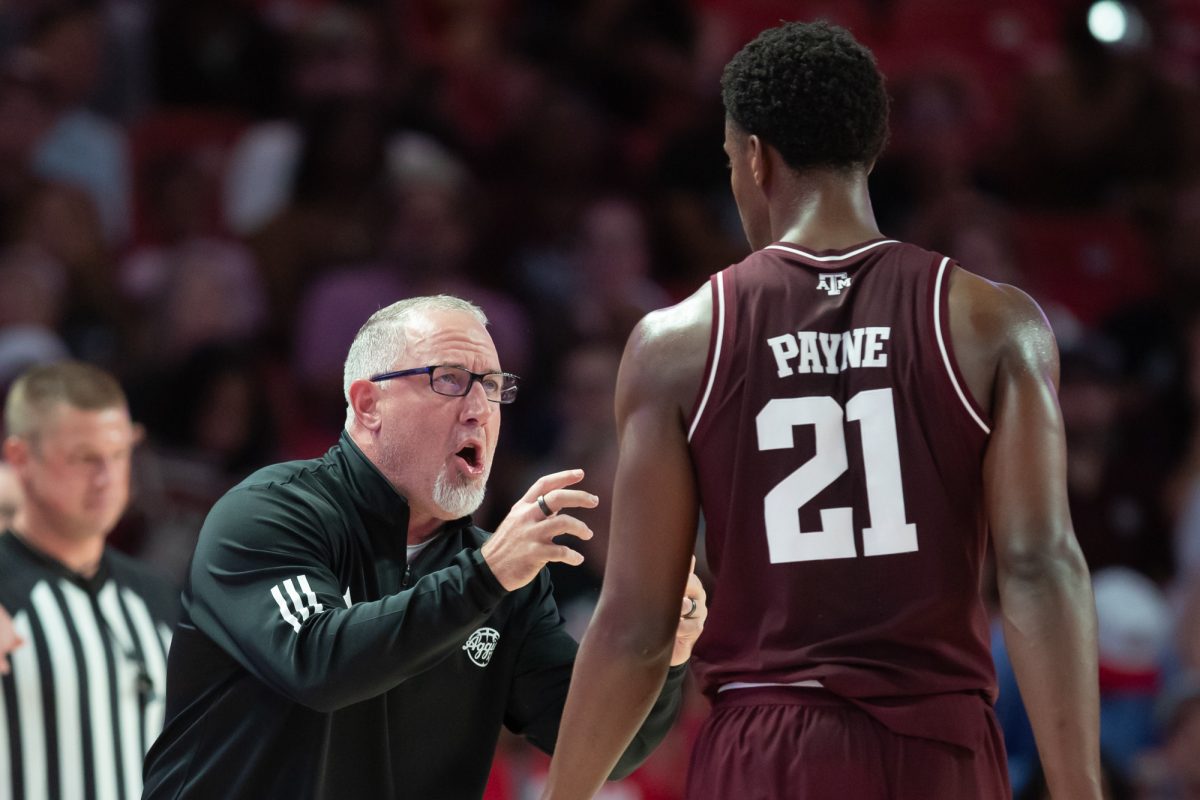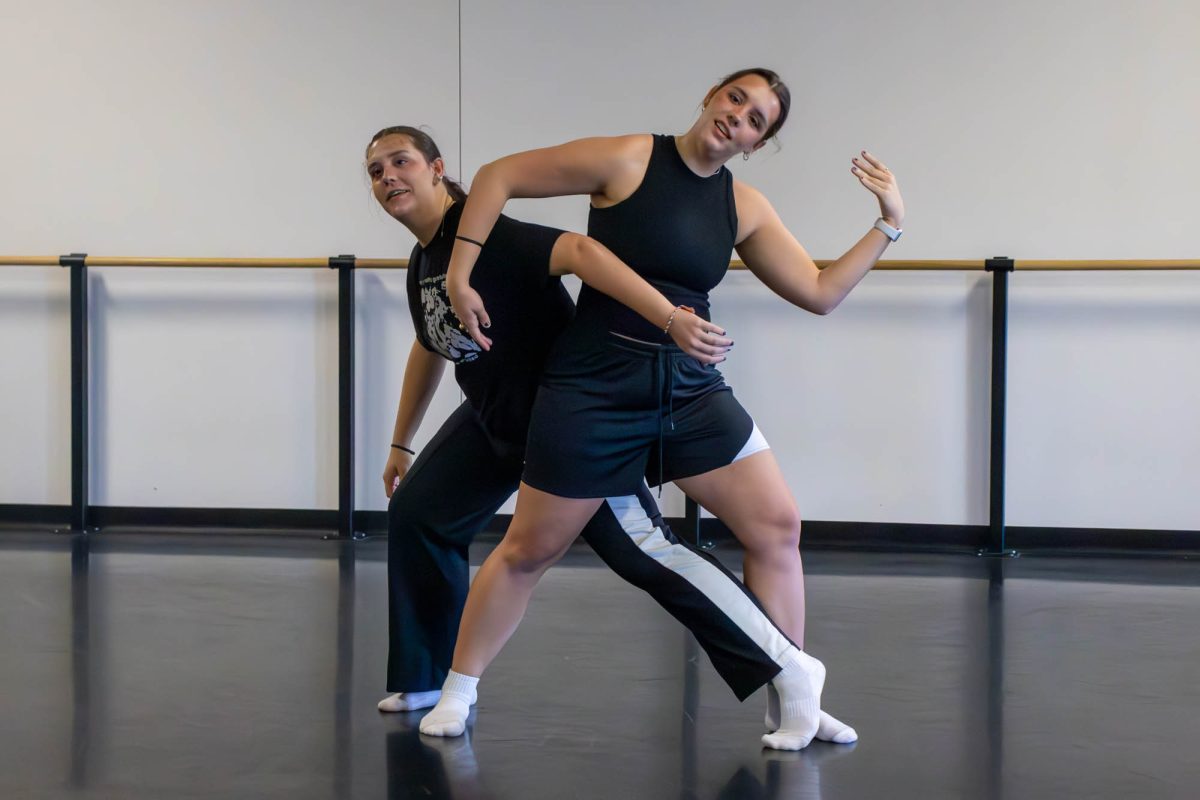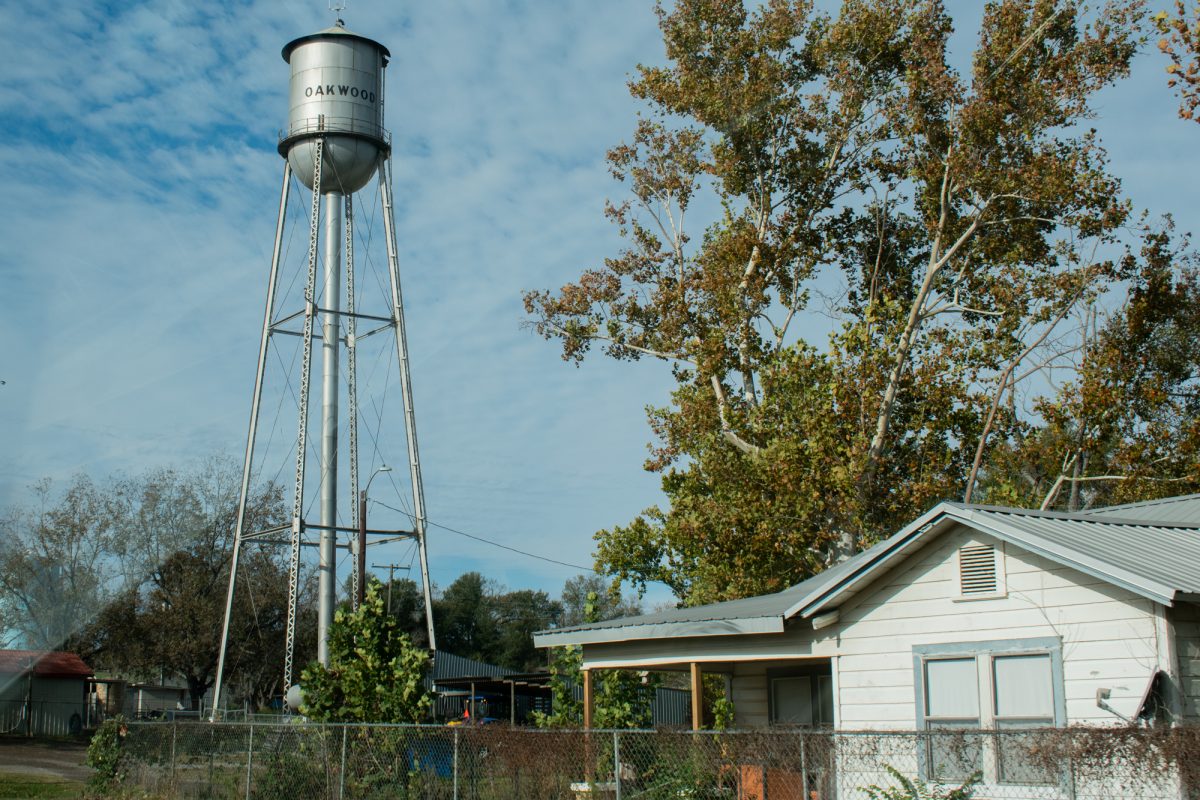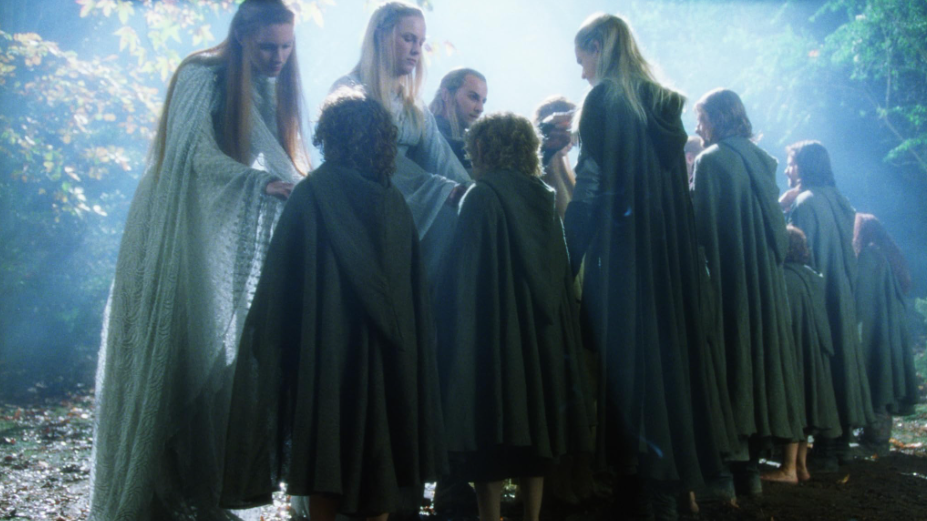Aggies cope with seasonal affective disorder
Students are at risk for Seasonal Affective Disorder, or SAD, which often appears in young adults and affects about 5% of adults in the United States, according to a study published by the National Institute of Mental Health. Serotonin activity is promoted by vitamin D, but a lack of sunlight during this time of year can negatively affect mood and increase symptoms of decreased energy and difficulty concentrating. Communication junior Thane Moustakas said while he does not suffer from SAD, some of those closest to him do.
“My girlfriend tends to get really depressed when it’s gloomy out,” Moustakas said.
Moustakas said his daily activities help him keep his mental health in check.
“I go to the gym every day and though that doesn’t target anything specific it really helps keep my mood up,” Moustakas said.
Public health senior Emily Korger said she has noticed a difference in her mood.
“I’m not as productive and want to stay in,” Korger said. “Having to walk, I am less inclined to do things on campus or go to class.”
Electrical engineering junior Giovani Lecky said he feels during dreary days.
“When it’s cloudy, when it’s cold, it makes me feel bad, just in general,” Lecky said. “ … I don’t want to do homework because it’s raining outside, and there’s no reason to go outside because it’s wet, and since I’m not going outside I don’t feel productive, and then I feel bad for not being productive.”
Kinesiology sophomore Isaiah Billingsley shared a similar sentiment about cloudy days.
“I don’t think I’m nearly as energized and I do coup myself up in my room,” said Billingsley, who tries to take his dog on walks and spend time with other people to cope.
Biomedical sciences senior Presley Johnston noted she has a vitamin D deficiency and has it especially hard this time of year.
“I do find that when I’m outside more I’m in a better mood, so I do genuinely try to just put myself in nature sometimes,” Johnston said. “Even if it’s just sitting on my front porch, I feel like that helps.”
Johnston said her diet and exercise routine start slipping this time of year, especially when coming back from the holidays.
“I am pretty active year-round,” Johnston said. “But now I just want to curl up in bed.”
Billingsley noted he has a “pretty good” diet.
“I eat fish, those kinds of foods that boost serotonin, pretty often,” Billingsley said.
A news article from the Mayo Clinic suggests that a light box emitting up to 10,000 Lux of light may cause a chemical change in the brain of a patient suffering from SAD and can raise mood, easing other symptoms. Sunlight lamps have gone viral on the social media platform TikTok.
While none of the Aggies interviewed said they knew of any resources on campus that could help with SAD, oceanography sophomore Anna James said she was recently gifted a light therapy lamp to boost her serotonin levels.
“I’ve never used it before though,” James said. “I’m excited to see if it will actually make a difference in my mood. I’ve been seeing it a lot recently, so I hope it works.”
Korger and Johnston both said they had heard of light box therapy and would try it.
“If it helps with that kind of stuff, then yeah, anything to get me out of bed,” Korger said. “Especially when the weather gets bad, it would be good to have something helpful, so accessible.”
General engineering freshman Mansi Bhakta said the weather does not impact her mood or productivity, but it does affect her close friends. While she had not heard of light therapy lamps, Bhakta said the idea was interesting.
“I have never seen those but I think it would be nice to wake up to the sunrise every morning,” Bhakta said. “They might even be helpful for students who have classes at 8 a.m.”






